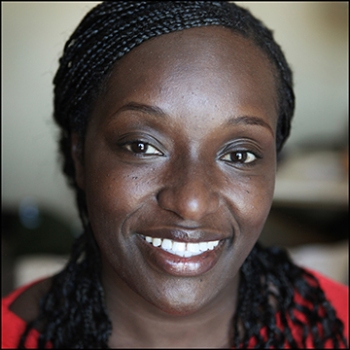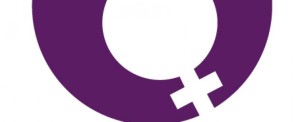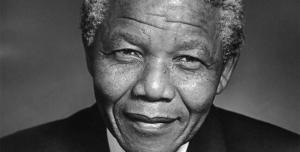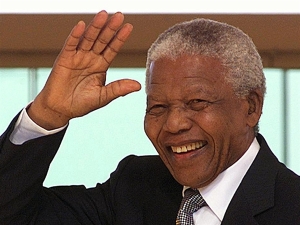My first year in college taught me a lot of valuable lessons: how to manage my time effectively, how to live in a 16×16 foot room with someone else, and how to do laundry without shrinking my favorite sweatshirt. But most of all it tested my resilience.
After years of attending an all girls’ school, I came into my first year of college confident, empowered and ready to take on the challenges that would come my way. However, I wasn’t prepared for having to rebuild myself in the wake of a “tornado” that led me to question myself, my abilities, and my role as a friend, daughter, and sister.
This tornado was caused by an undiagnosed parasite that I had picked up while traveling in Guatemala last spring. As I started my freshman year, my mental and physical health began to spiral downward and ultimately left me by Spring Break at a dangerously low weight of 84 pounds. In the uncertainty of my diagnosis, I spent the first year of college blaming myself and my environment for my condition. Since high school, I had this picture painted in my head of the college experience being a perfect balance of school work, friends, and discovering my passion, but instead I was struggling to barely keep my head above water. I lost that confidence in myself that I had worked so hard to gain and I did not know where I would find the strength to push through.
Because of my unhealthy appearance, people around me began to keep their distance as if they were scared they would break me if we made contact. I got used to the whispers in the bathroom or in the hall when I walked by and little by little, I began to speak and smile less. I slowly withdrew from the world and felt alone in a sea of people. Understandably, those around me did not know how to react or approach me but many decided the best approach would be to avoid me all together. Honestly, before this experience, I probably would have done the same. It was a few friends, family members, and mentors that stuck with me who enabled me to ultimately overcome.
After months without answers, I finally received the diagnosis. It was a tiny parasite lodged in my intestines that was causing all this, and I was excited to have something to blame. A round of medicine and a week later, I began to make progress. While I am happy to say that I am back to my “healthy self,” I would hesitate to say that I am my “old self.” This parasite provided me with the opportunity to reevaluate what’s truly important to me; to take the pieces and qualities that make me who I am and rebuild a stronger, more independent and self-aware version of my self. Once I reframed my road to recovery as one that should move me forward instead of backward, I was able to turn this obstacle into opportunity.
I believe there is something to be gained and learned from every experience regardless of the nature of the experience. These are just a few of my takeaways from my time with this little creature that I hope will help you when you find yourself in a time of challenge.
1)The power of empathy: I like to think that I have always been a sympathetic person – someone who feels pain in the wake of others’ pain and joy in the wake of others’ happiness. It wasn’t until I was the one who needed the sympathy of others in order to overcome this obstacle, that I learned what it means to be empathetic – to truly know what It feels like to be in someone else’s shoes. The quote “be kind; everyone you meet is fighting their own battle,” seems to sum up my feelings perfectly.
2) Giving purpose: As I began to look sick, I noticed that my professors, peers, and friends began treating me differently – constantly asking if I was okay or offering to take over my responsibilities. I had to fight to stay in the game and not miss out on the opportunities that college presents. I hated feeling like others were losing trust in my abilities to fulfill my commitments. While I know those around me were just trying to help out of concern for my well-being, I came to realize that making a sick person feel sick takes away what gives them purpose and joy.
3) Just ask: When we are most vulnerable is often is often when we are most resistant to ask for help. We fear that by asking others to lift us up, we are simultaneously holding them down. I have always struggled to ask for help, not from fear of showing my weaknesses to others but showing my weaknesses to myself. When I finally started being honest with myself and others about needing help and support to help me keep going, I not only began to feel better, I developed meaningful, reciprocal relationships with those around me. For the first time, strengthening relationships – old and new – became the most important thing in my life above schoolwork and projects.
4) Know yourself: Even though I knew deep down that something was not right, I slowly began to doubt that it was anything other than the stress and anxiety of transition to a completely new environment. I had to fight against the outside assumptions in order to stay true to myself. At the end of the day, with the support of my family and by (quite literally) sticking to my gut, I learned how important it is to listen to your body and advocate for yourself. Don’t let others’ perception of you become how you define yourself. After all, you are the one who knows yourself better than anyone else.
Although I am incredibly happy to be healthy and have this first year of college under my belt, I am actually grateful to this little creature for the lessons it has enabled me to learn. Without this challenge – this test of strength – I would not have been able to grow as much as I did and revaluate who I am and who I want to be in this world.
And that, my friends, is greater than any lesson you can ever learn in a lecture hall.







